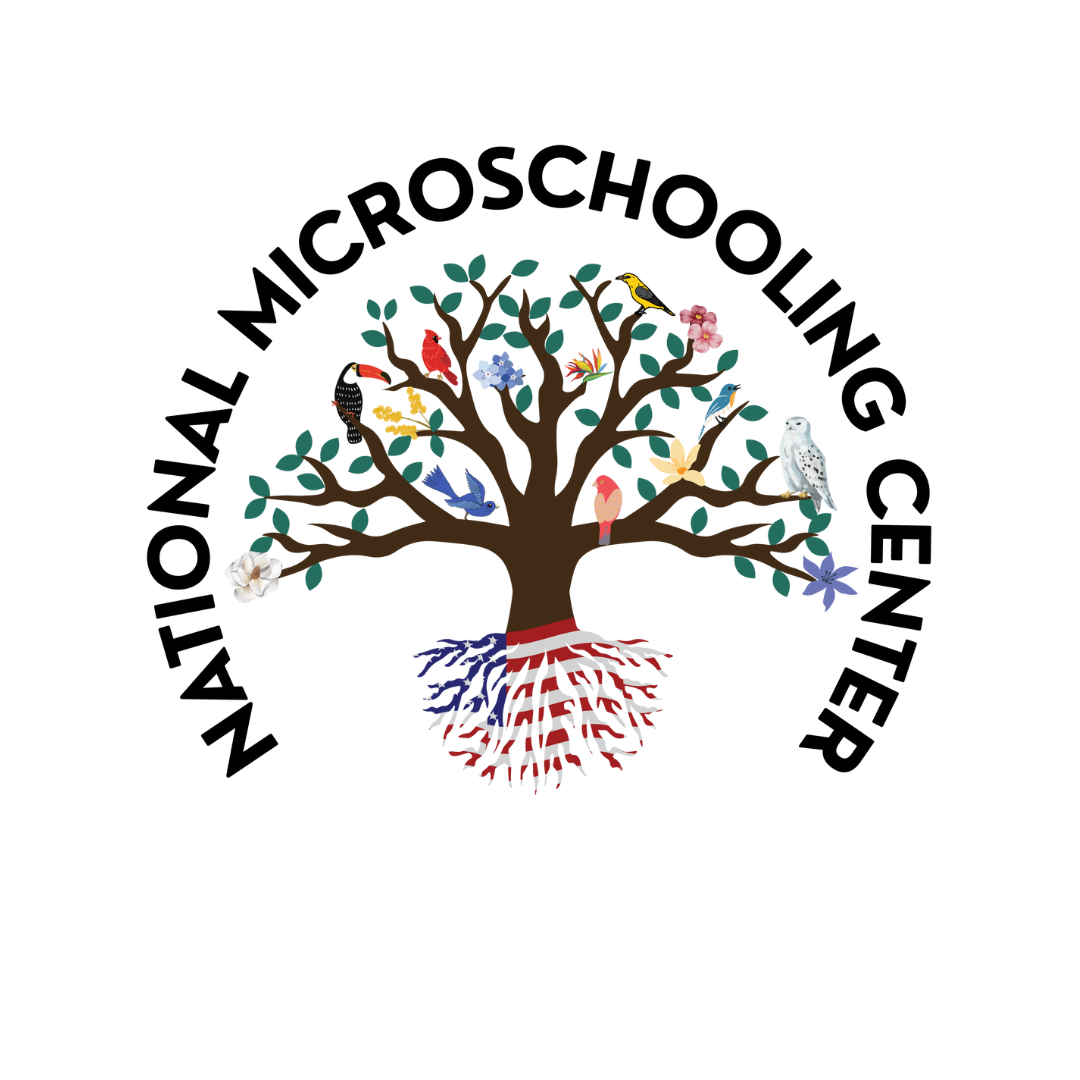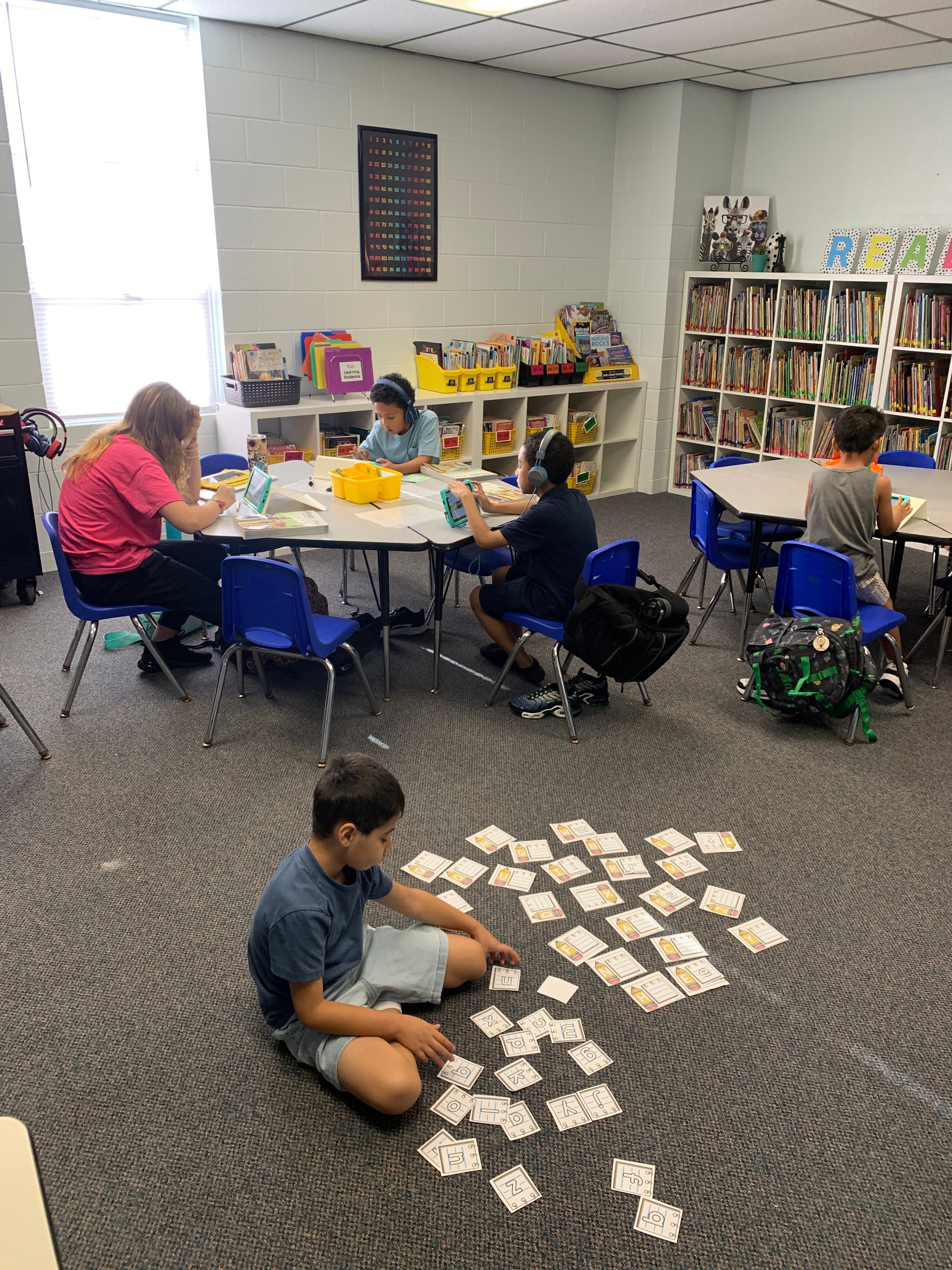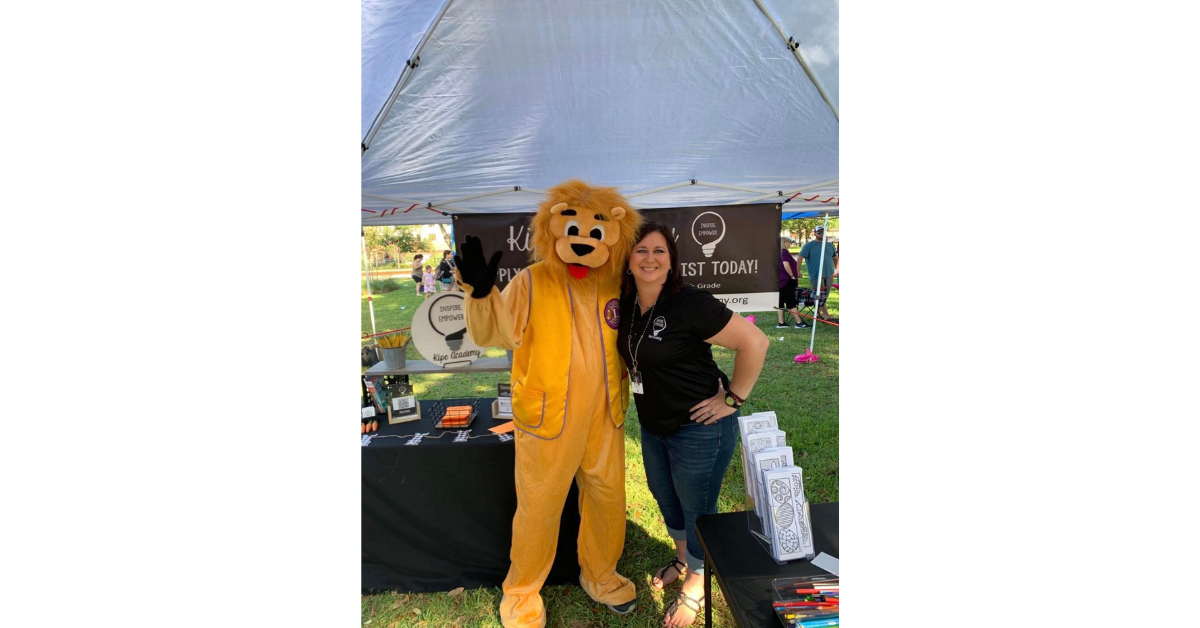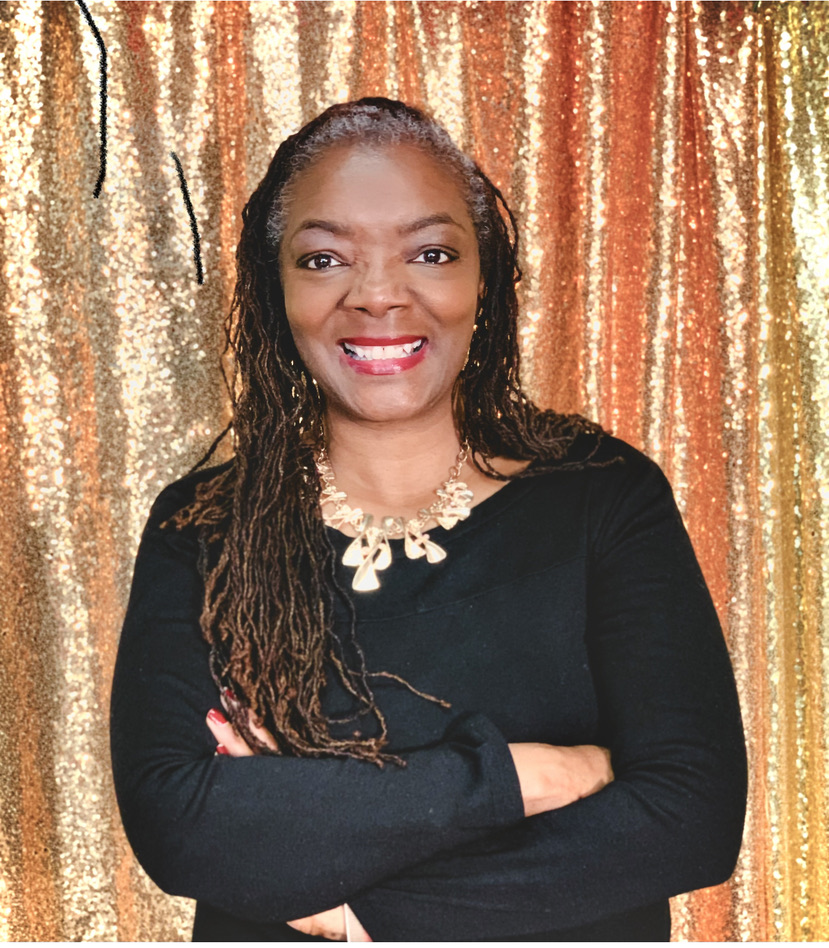How I Prepare for Enrollment Season as a Microschool Founder
Enrollment season doesn’t begin when applications open.For us, it begins in November — with clarity, systems, and intention.
4 min read
 News Story Posted by Center Staff
:
Sep 19, 2024 11:26:01 PM
News Story Posted by Center Staff
:
Sep 19, 2024 11:26:01 PM

My name is Tonya Kipe and I am a passionate and dedicated leader in education. I am the founder of Kipe Academy, a nonprofit microschool that supports both homeschool and traditional schooling families in Kindergarten to Twelfth Grade in Winter Haven and Polk City, Florida.
As a microschool, we can provide students with a learning environment that is flexible and focuses on topics that the students are interested in. They will be engaged with hands-on learning inside and outside of the classroom. Our mission is to inspire creativity, collaboration, and critical thinking in a learning environment that empowers students of varying ability levels to achieve independence.
With 11 years of experience in the public school system and now starting my second year with Kipe Academy, I've watched our academy grow from part-time 1:1/small group tutoring and weekend workshops into something much greater. Now we support families with our microschool program, part-time tutoring, assessments, annual portfolio reviews, weekend workshops, and the umbrella school program. Starting and leading Kipe Academy has been such an incredible journey! I can’t wait to see our progress at the end of the year.
What is one unique (or uncommon) feature of your microschool experience your learners and families tell you they especially value?
One unique feature of Kipe Academy is that we focus on academics in the morning session and do elective activities in the afternoon session Monday through Thursday. On Friday, we do fun activities related to the current theme. The themes are selected by the students, and we change themes each nine weeks. Our current theme is volcanoes. We have explored how volcanoes work, their parts, where they are located, historical and modern eruptions and impacts on society, how they are measured, what jobs are associated with the field of study, how to graph data using information related to volcanoes, wrote an expository essay, created volcanic themed artwork, and will be producing our own news report as if we were reporters. Although we do not have volcanoes in our area, we have learned how the fire department is on standby when volcanoes erupt. We will be visiting our local fire department to see the equipment and what they do to help with local emergencies. Next month, we will start our unit on basketball. It will also incorporate all the subject areas, and we have partnered with a local professional basketball team to come to visit the students to teach them basketball skills and how teamwork is essential when playing sports.
Another unique feature of Kipe Academy is our once-a-month weekend workshops outside at the local park. Each workshop is focused on a science or social studies topic. During the workshop, students rotate through 5 stations. The stations incorporate reading and math too! The students also create something cool to take home. Some examples are a suncatcher, solar eclipse shirt, potted succulent, rocks they mined, and cheesy nachos in a solar over. These workshops are open to all students in the community regardless of their school choice.
What is one favorite aspect of your work that would have been especially difficult to deliver in traditional school settings?
I love being able to truly differentiate instruction and use resources that benefit the kids along with having the flexibility of doing what is best for the kids as far as our schedule. We operate as a one room schoolhouse, so all the kids are of varying ages. We can deliver reading and math instruction in small groups based on ability level rather than grade level. The kids are feeling more confident and showing growth because they are learning at a comfortable pace with resources that are at their personal level. We do this through both tangible and adaptive digital resources. Since the strategies and resources are appropriate for the kids, I see more kids willing to try skills and tasks. They enjoy being able to have resources that support them and provide them independence. For example, we can do fine motor activities for all ages that need it, we use resources based on the science of reading with truly decodable text, we can take breaks when the kids are over stimulated or just need a break, all kids get accommodations, and kids get to mingle with all ages rather than be with same aged peers all day.
Please share a story about what success looks like in your microschool.
50% of the students started Kipe Academy below grade level and many need support with social skills. The first few weeks were meet with “I can’t!” “This is too hard!” “Am I going to be in big trouble?” “Are you going to kick me out?” A few kids didn’t want to attempt tasks or try to make their daily goals.
As we near the end of September, improvements in both academics and social skills are very apparent. Academically, students are making their daily goals for both reading and math, they are loving the themed units so much that they are already putting in requests for next year, they are attempting to do hard things because they feel safe to make mistakes, reading and math scores are on the rise, handwriting is improving too, and kids are asking how and why questions. Socially, most students are able to regulate their emotions using strategies we learned about, they are coaching each other to regulate-as well as asking each other what their behavior and words mean to better understand the situation, they are still learning how to be better listeners when people talk and engage appropriately in the conversation. We are enjoying every day and have so much gratitude for all experiences along the way, but we can’t wait to see how much growth we see at the end of the year.
What is one piece of advice you give new microschool founders?
If you get the idea, start doing your research. Join the National Microschooling Center-they are an AWESOME resource!!! Find microschool leaders in your area and state to make connections with. You can also network with others online. Don’t wait for things to be perfect-jump in. You will master things faster by making mistakes and adjusting things based on your new experiences.
Please describe one facet of your microschool’s experience that you’d like people to think of when your microschool comes up in conversation.
Learning can look and sound different than what we have previously experienced. When students learn topics they are interested in, practice skills at their ability level, have multiple opportunities to take breaks and socialize, and feel empowered to gather the resources they need to learn, then you start to see happy and successful kids both academically and socially. That trickles out to happier teachers and families.

Enrollment season doesn’t begin when applications open.For us, it begins in November — with clarity, systems, and intention.

I am LaTrece Thomas, founder of Freestyle Learning Center in Park Forest, Illinois. We are a microschool that focuses on the whole child. I am a...
-2.jpg)
Written by Iman Alleyne - CEO & Founder of Kind Academy: an award winning network of personalized and project based microschools for future leaders.